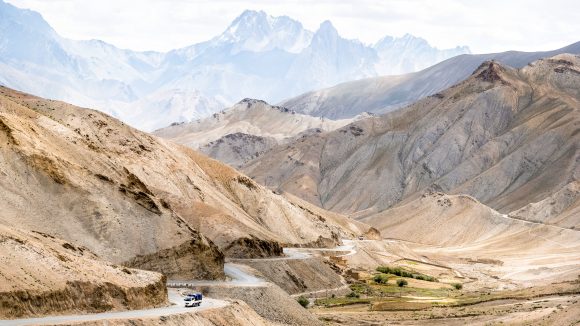How climate compensation can reduce rising temperatures and inequality
Climate change is a pressing issue that requires global action. One Nobel Laureate believes climate compensation may help us get closer to a fairer and greener world.


